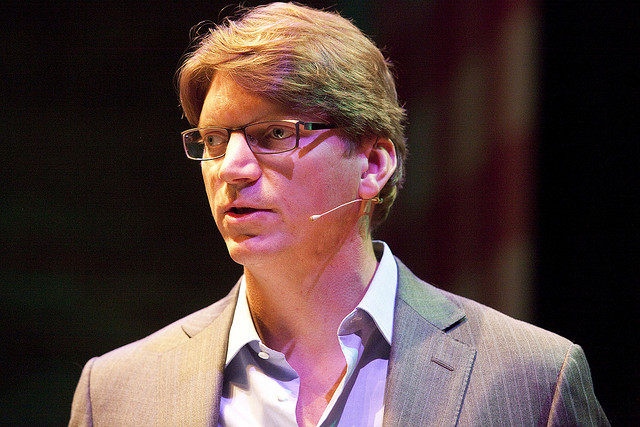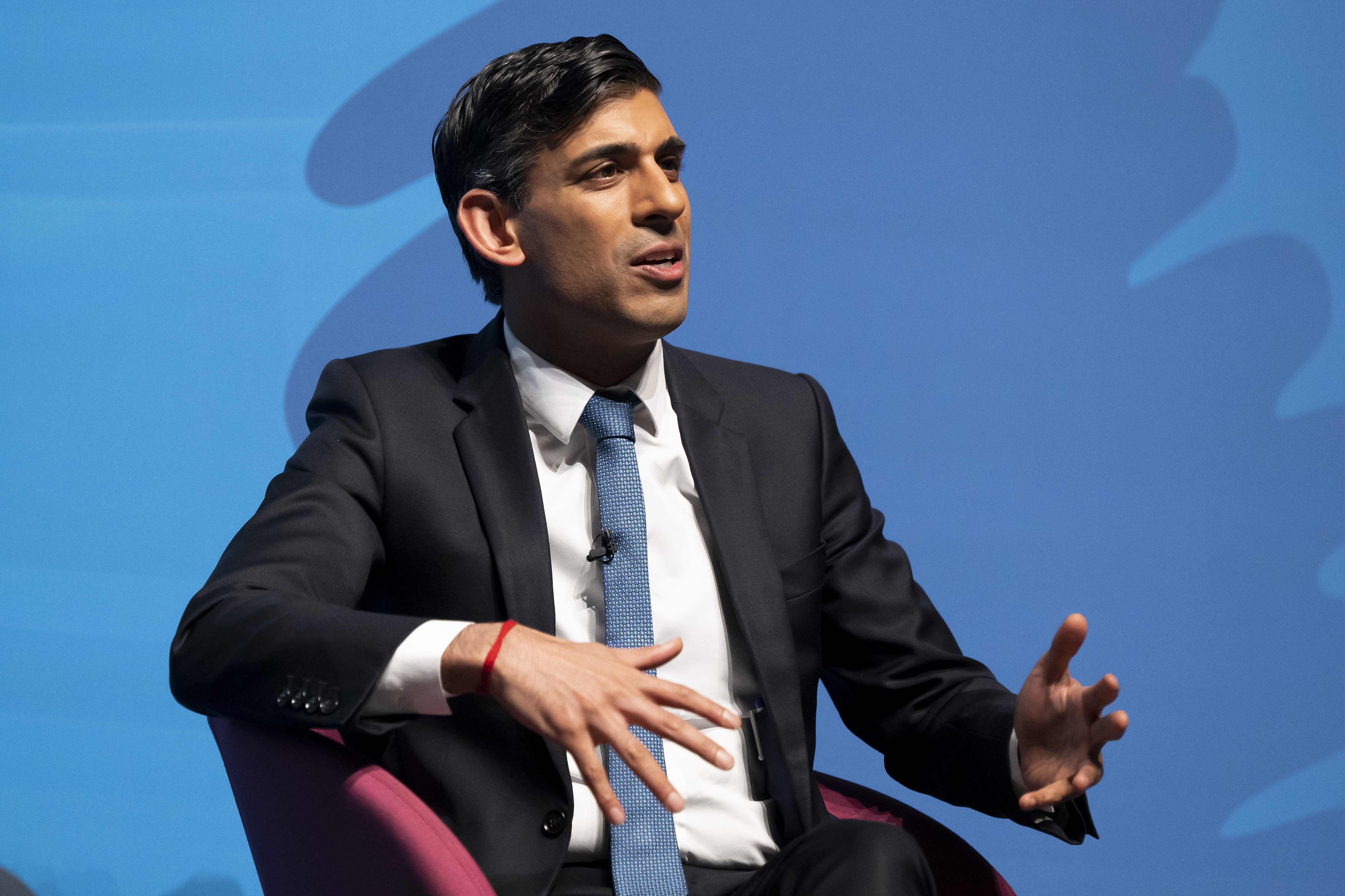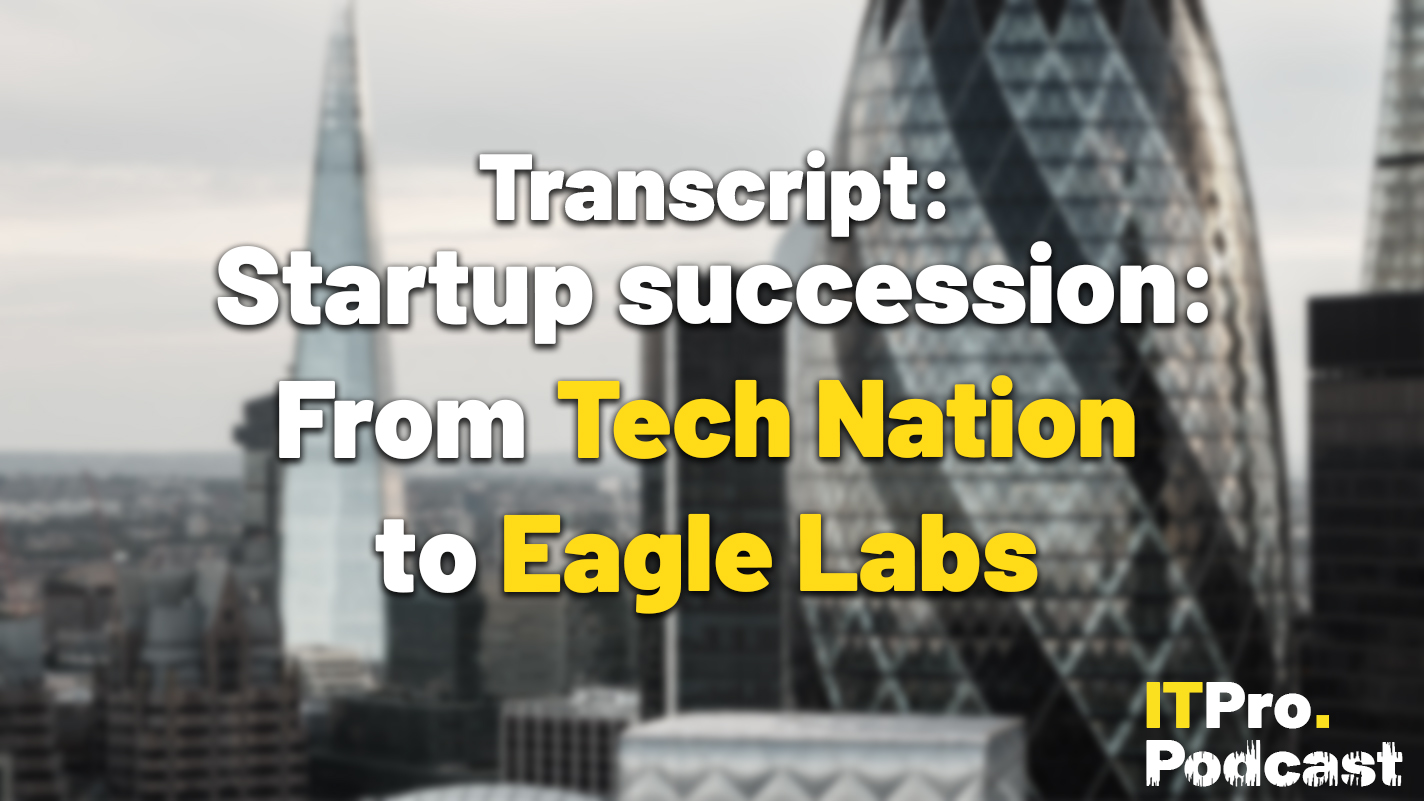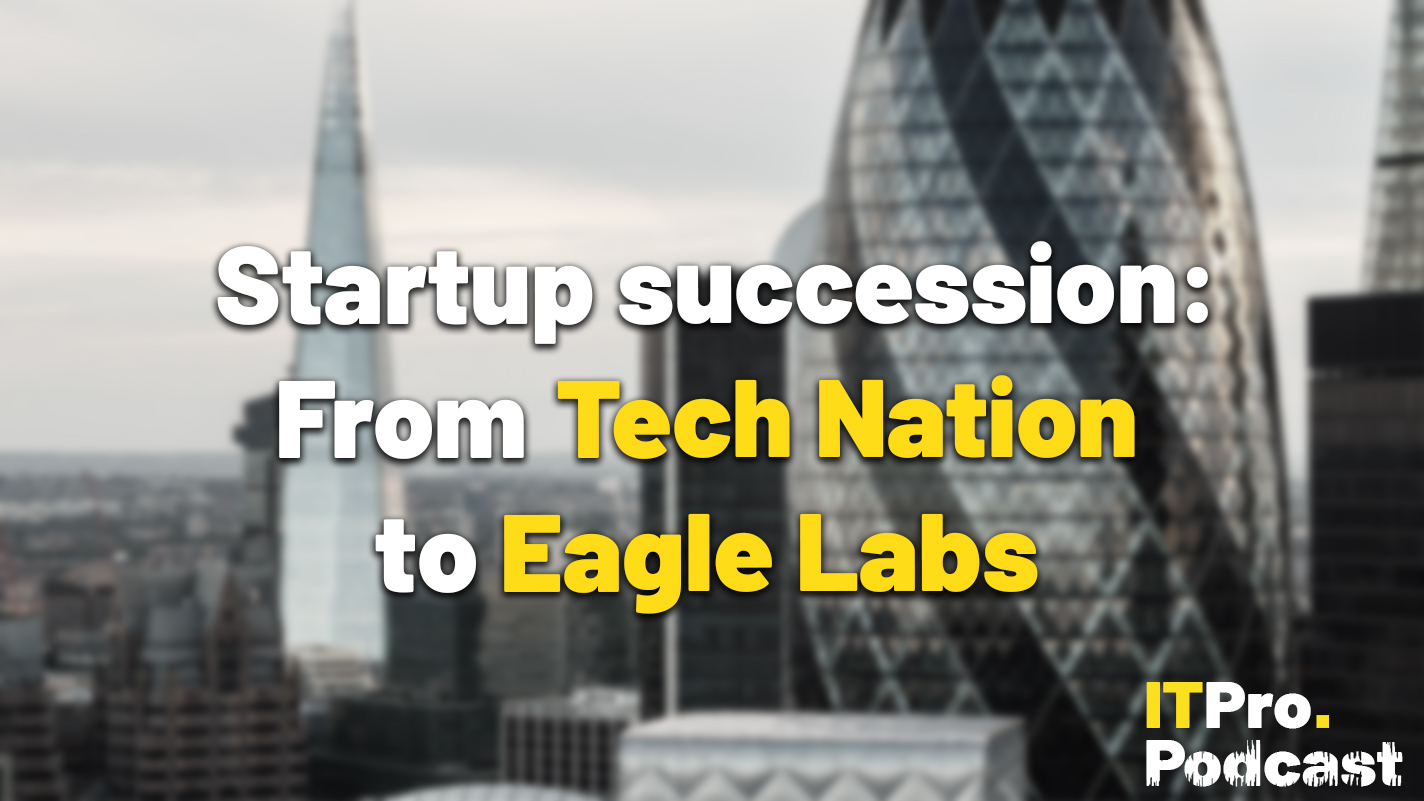Skype co-founder: Why EU start-ups are better built than US cousins
Skype co-founder says EU will produce ten billion-dollar start-ups this year


Europe's tech start-ups will survive the inevitable bubble burst because the market does not have as much money as Silicon Valley.
That is according to Skype co-founder Niklas Zennstrom, speaking at Slush in Helsinki, Finland, this week as he revealed the results of a report into European start-ups by another of his firms, tech investment arm Atomico.
The report, called The State of European Tech, highlighted the achievements of Europe in tech, but he said it was not "mission accomplished".
For 2015, the continent is on track to produce 10 new companies topping a $1 billion valuation, so-called "unicorns", with 5,000 angel investors active in the market and 1.6 million developers. "These are figures I couldn't have dreamed of ten years ago, we've come a long way in the last several years," said Zennstrom.
Access to talent and capital continue to be a challenge for start-ups in Europe, he said, with US VC funding adding up to 5.4 times the amount of investment seen across Europe - but there is a silver lining to that cloud.
"In Europe, because we have less capital, companies are being built in a little bit more reasonable way," said Zennstrom, saying European companies are more focused on sustainable business models, as they need to assume they won't necessarily get financing. "European companies are better equipped for a potential downturn than China and the US."
Interconnected hubs
Get the ITPro daily newsletter
Sign up today and you will receive a free copy of our Future Focus 2025 report - the leading guidance on AI, cybersecurity and other IT challenges as per 700+ senior executives
Citing the report, Zennstrom said hubs such as London are maturing, with 47 per cent of investment heading to the top five hubs - led by London, but also including Stockholm, Paris, Moscow and Berlin.
"We are very much a distributed system of hubs and they all have different characteristics," said Zennstrom. "We need to interconnect these hubs much more, we need to continue to foster interconnectivity between all these hubs."
"What really is happening now is you have several successful founders going out and reinvesting in the ecosystem, in start-ups," Zennstrom said.
Smaller markets will have more trouble finding talent than hubs, but again that has a silver lining. "If you're starting a company in a place where you have no other great companies, it's hard to get access to talent, but on the other hand, the talent you do recruit will be more sticky."
That helps address the capital issues, and universities and perception of the industry are helping shrink the skills and talent gap. Start-ups now pass the "mom and dad test": working as or with an entrepreneur is considered a good job for newly graduated students.
It used to be seen as a poor career choice. "Your parents probably got really nervous if you said you wanted to become an entrepreneur," Zennstrom claimed. "That's all changed - today it's very acceptable to be an entrepreneur or work for a start-up company."
Matter of time
While Europe trails Silicon Valley in terms of "unicorns", Zennstrom said: "This is a matter of time, I'm convinced that in the next ten years when I sit here on this stage, we'll be talking about several companies in Europe that have reached double digit billion valuations.
"This is far from mission accomplished, we still have far to go. We're at the beginning of something fantastic."
Picture: Niklas Zennstrom, courtesy of Thomas Schlijper
Freelance journalist Nicole Kobie first started writing for ITPro in 2007, with bylines in New Scientist, Wired, PC Pro and many more.
Nicole the author of a book about the history of technology, The Long History of the Future.
-
 Should AI PCs be part of your next hardware refresh?
Should AI PCs be part of your next hardware refresh?AI PCs are fast becoming a business staple and a surefire way to future-proof your business
By Bobby Hellard Published
-
 Westcon-Comstor and Vectra AI launch brace of new channel initiatives
Westcon-Comstor and Vectra AI launch brace of new channel initiativesNews Westcon-Comstor and Vectra AI have announced the launch of two new channel growth initiatives focused on the managed security service provider (MSSP) space and AWS Marketplace.
By Daniel Todd Published
-
 Is Rishi Sunak’s ‘Unicorn Kingdom’ a reachable goal or a mere pipedream?
Is Rishi Sunak’s ‘Unicorn Kingdom’ a reachable goal or a mere pipedream?Analysis Plunging venture capital investment and warnings over high-growth company support raise doubts over the ‘Unicorn Kingdom’ ambition
By Ross Kelly Published
-
 Some Tech Nation programs could continue after Founders Forum acquisition
Some Tech Nation programs could continue after Founders Forum acquisitionNews The acquisition brings to a close a months-long saga over what the future holds for Tech Nation initiatives
By Ross Kelly Published
-
 Podcast transcript: Startup succession: From Tech Nation to Eagle Labs
Podcast transcript: Startup succession: From Tech Nation to Eagle LabsIT Pro Podcast Read the full transcript for this episode of the ITPro Podcast
By Rory Bathgate Published
-
 The ITPro Podcast: Startup succession: From Tech Nation to Eagle Labs
The ITPro Podcast: Startup succession: From Tech Nation to Eagle LabsITPro Podcast Some small firms are already lamenting the loss of Tech Nation, but Barclays Eagle Labs has much to offer the sector
By Rory Bathgate Published
-
 Don’t count Barclays Eagle Labs out just yet – it can deliver in ways Tech Nation never has
Don’t count Barclays Eagle Labs out just yet – it can deliver in ways Tech Nation never hasOpinion Tech Nation has a great track record, but Eagle Labs has the experience, the financial clout, and a clear-cut vision that will deliver positive results for UK tech
By Ross Kelly Published
-
 UK tech sector could face a ‘unicorn winter’ amid spiralling economic conditions
UK tech sector could face a ‘unicorn winter’ amid spiralling economic conditionsNews Tech Nation’s final piece of industry research calls for action to support continued ecosystem growth
By Ross Kelly Published
-
 "It's still not great": Industry divided on government's SMB tax relief package
"It's still not great": Industry divided on government's SMB tax relief packageNews The government’s handling of R&D tax credits has left SMBs with a “sense of disbelief”
By Ross Kelly Published
-
 UK startup's Equinix deal marks step towards broad quantum computing access
UK startup's Equinix deal marks step towards broad quantum computing accessNews Businesses around the world will be able to use its quantum computing as a service platform through Equinix
By Zach Marzouk Published